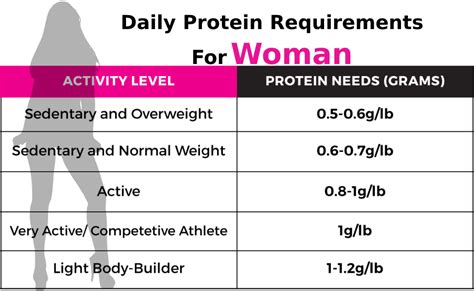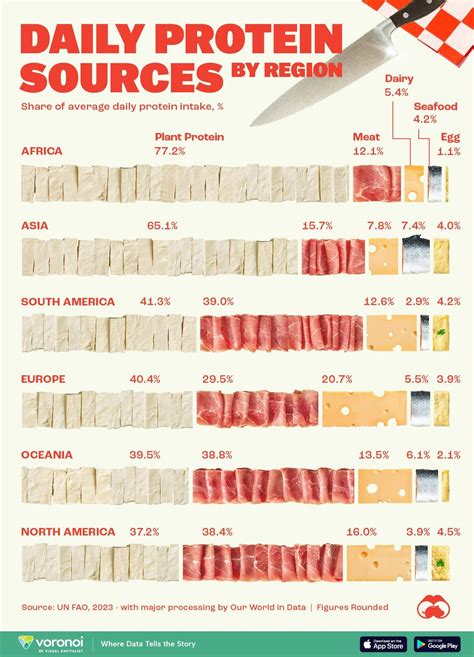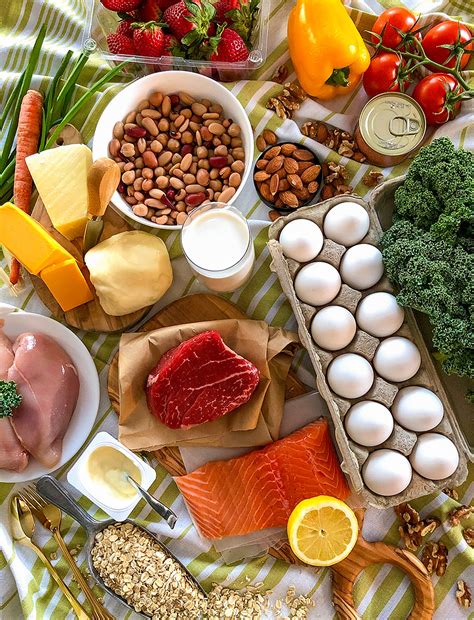What is the optimal protein intake for men to maximize muscle gain & recovery?

Protein is fundamental for men aiming to build muscle and enhance recovery. It’s not just about hitting the gym; what you consume is equally vital. Understanding the optimal protein intake can be the difference between stagnating and seeing significant progress.
The Role of Protein in Muscle Physiology
Protein is comprised of amino acids, the building blocks of muscle tissue. During strenuous exercise, muscle fibers undergo microscopic damage. Protein intake provides the necessary amino acids for muscle protein synthesis (MPS), repairing these damages and leading to muscle hypertrophy. It also plays a crucial role in repairing tissues, producing enzymes and hormones, and maintaining overall bodily functions essential for recovery.
Beyond the RDA: Protein for Active Men
The Recommended Dietary Allowance (RDA) for protein is 0.8 grams per kilogram (g/kg) of body weight, primarily to prevent deficiency. However, this level is insufficient for men engaged in regular strength training or intense physical activity who are looking to maximize muscle gain and accelerate recovery. For these individuals, protein requirements are significantly higher to support elevated muscle protein synthesis and repair processes.

Optimal Protein Intake Ranges
Research widely supports a higher protein intake for strength-trained individuals. A common recommendation for men aiming to maximize muscle gain is between 1.6 to 2.2 grams of protein per kilogram of body weight (0.7 to 1.0 grams per pound). Some studies suggest that intakes up to 2.5-3.0 g/kg can be beneficial, especially during caloric deficits to preserve muscle mass. This range accounts for individual variations in training intensity, body composition, and overall caloric intake.
Factors Influencing Your Protein Needs
Several factors dictate individual protein requirements:
- Activity Level: More intense and frequent training demands more protein.
- Body Composition Goals: Those in a caloric surplus for bulking may need slightly less protein per kg than those in a deficit for cutting, where protein helps preserve muscle.
- Age: Older men may require slightly more protein due to anabolic resistance, a reduced sensitivity to protein’s muscle-building effects.
- Overall Caloric Intake: If total calories are too low, protein may be used for energy rather than muscle building.

Timing and Distribution: Maximizing Anabolic Response
While total daily protein intake is paramount, how you distribute it throughout the day can also optimize results. Aim for consistent protein intake across all meals, ideally every 3-4 hours. This strategy helps maintain elevated muscle protein synthesis rates throughout the day. Consuming 20-40 grams of protein per meal, depending on total daily needs, is a good general guideline. A pre-sleep protein dose, particularly casein, can also be beneficial for overnight recovery.
Quality of Protein Sources
Not all proteins are created equal. High-quality protein sources contain all nine essential amino acids necessary for muscle building.
- Animal Sources: Chicken breast, lean beef, fish, eggs, dairy (whey, casein) are excellent complete proteins.
- Plant-Based Sources: Soy, quinoa, and combinations of plant proteins (e.g., rice and beans) can also provide a complete amino acid profile. Whey protein, due to its rapid absorption and high leucine content, is particularly popular post-workout.

Practical Tips for Hitting Your Protein Target
- Prioritize Protein at Every Meal: Build your meals around a protein source.
- Snack Smart: Opt for protein-rich snacks like Greek yogurt, cottage cheese, or a handful of nuts.
- Consider Supplements: Protein powders (whey, casein, plant-based) can be a convenient way to meet daily targets, especially post-workout or when whole food options are limited.
- Track Your Intake: Use an app or food diary initially to get a sense of your current intake and identify areas for improvement.

Can You Have Too Much Protein?
For healthy individuals, consuming protein within the recommended ranges (up to 2.5-3.0 g/kg) is generally safe. Concerns about kidney damage from high protein intake are largely unsubstantiated in healthy individuals with normal kidney function. However, excessively high protein intake might lead to digestive discomfort or displace other essential macronutrients if total caloric intake is limited. Always consult with a healthcare professional or registered dietitian if you have pre-existing health conditions.
Conclusion
Optimizing protein intake is a cornerstone of maximizing muscle gain and recovery for men. While individual needs vary, aiming for 1.6 to 2.2 g/kg of body weight, distributed consistently throughout the day from high-quality sources, provides a robust framework. By consciously integrating sufficient protein into your diet, alongside effective training and adequate rest, you’ll be well on your way to achieving your physique and performance goals.









